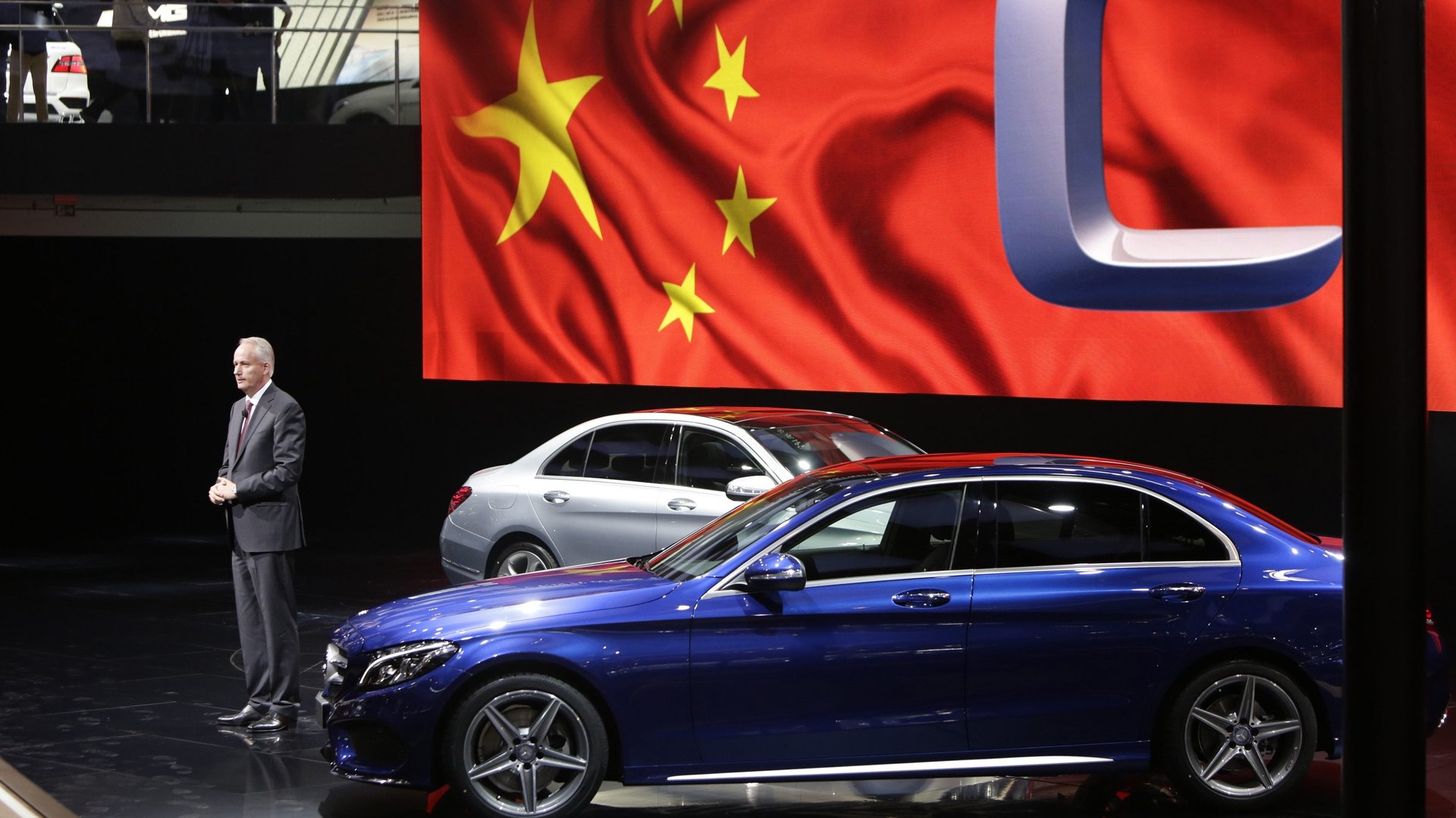Europe’s worries about Chinese corporate takeovers appear to be unfounded
After the 2008 financial crash, European firms on the verge of bankruptcy desperately looked for buyers and investors, and found them in China. Heeding Winston Churchill’s warning never to let a good crisis go to waste, Chinese companies bought up distressed assets across the continent, which helped them catch up to many of their European rivals just a decade later.


After the 2008 financial crash, European firms on the verge of bankruptcy desperately looked for buyers and investors, and found them in China. Heeding Winston Churchill’s warning never to let a good crisis go to waste, Chinese companies bought up distressed assets across the continent, which helped them catch up to many of their European rivals just a decade later.
The Covid-19 pandemic, and ensuing recession, made European lawmakers panic that they were about to see history repeat itself. For months, EU officials warned of a wave of Chinese corporate takeovers in strategic industries, like aerospace and quantum technologies. In member states, lawmakers fast-tracked bills to bolster foreign investment screenings, and the EU announced tough new rules on foreign subsidies in its common market.
Now, preliminary data for the five months of 2020 show that such fears may have been misplaced.
A new report published by law firm Baker McKenzie and research firm Rhodium Group shows that Chinese outbound investment fell 93% since January, to just $1.4 billion. Meanwhile, foreign investment into China via mergers and acquisitions surpassed the value and volume of Chinese outbound mergers and acquisitions “for the first time in a decade.”
There are several possible explanations. The first is that Chinese regulators have tightened controls on capital flows and debt, and European countries have placed restrictions on Chinese investment. Peter Lu, a partner at Baker Mackenzie who leads the firm’s China practice in the UK, argues that Chinese investors have become “more strategic” about what they buy abroad.
Conversely, foreign investment into China has proven resilient in spite of the crisis. The report points out that companies in China have matured, so that foreign investors entering the Chinese market now want to “buy technology and industrial assets rather than build from scratch.” That’s the case of Volkswagen, for example, which recently announced that it intends to become the second-largest shareholder in Chinese battery maker Guoxuan High-tech as it looks to make and sell more electric cars in China.
The data only covers the period during which China’s economy has slowed down unprecedentedly due to Covid-19, and there are signs that interest in m&a bargains (paywall) in Europe could pick up in the latter half of the year. Still, recent Chinese policies to liberalize market access and foreign ownership (paywall) have played a major role in attracting more foreign investment. These reforms have so far impacted the financial and insurance markets, with major players like American Express allowed for the first time to process payments in yuan in mainland China. That explains why, when Chinese investors did acquire foreign firms this year, they mostly targeted those in financial services and logistics.
Lu believes that, in this context, Chinese companies are more interested in consolidating their share of the home market than they are in buying up foreign companies. “There is a lot of talk for political reasons about foreign investment screening. I think they’re wasting a lot of energy.”